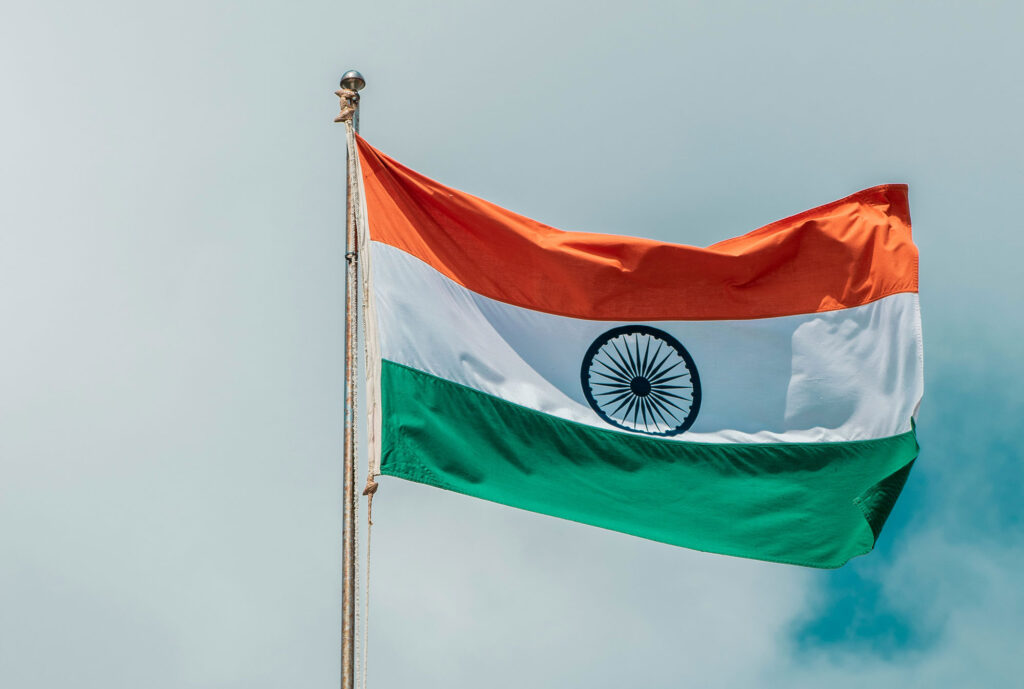It’s not easy to break into the Indian hospitality technology market. The Indian hospitality tech market is vast, fragmented and fiercely competitive. For those who can understand the landscape and its challenges, rewards are significant.
It takes more than good products to sell tech solutions in India. It takes patience, local knowledge – and above all – presence. India has approximately 2.5 million rooms available across a wide range of hospitality, from budget hotels to luxury resorts. In spite of this, many hotels still rely on outdated on-premises systems. Cloud-based providers have a great opportunity to not only grow with the market but also to replace outdated systems. For RMS, the entry point was the budget and mid-scale segment – a space less dominated by global tech giants and more open to change.
Convincing large hotel chains of the benefits of cloud technology was not easy. Many operators are still using standalone systems, which do not share guest data across properties. It means that guests returning to a hotel in another city, even if it is the same brand, are treated as first-timers. Under-use of loyalty programmes, high acquisition costs, and poor guest experiences are all factors that contribute to a lackluster experience. RMS’s pitch to these hotels was simple: cloud systems can unify guest profiles, improve loyalty insights, and cut distribution costs – all while supporting rapid growth for hoteliers.
The team first identified chains with more than 100 properties still using on-premises systems. RMS was willing to allow two major players to test its technology. Early traction was crucial. As reputation is important in India’s hospitality circles and the other players started paying attention, it was a good thing that the high-profile names were on board.
India is not a homogeneous market. India is a mix of regional economies and guest expectations. RMS focused on Tier 1 and Tier 2 cities like New Delhi (NCR), Mumbai, Bangalore and Pune, where the average daily rate sits between ₹5,000 and ₹20,000 and occupancy rates can reach 70%. These metrics showed a high return on investment (ROI) for hotels that wanted to upgrade their technology stack.
Pricing is still a big obstacle, even if you have the right product and target market. In India, technology for the hospitality industry is priced much lower than it is in Western markets. It is not uncommon to see prices as low as $50 per property, per month. This is less than one-quarter of what the solution would cost in other markets. It is important that technology providers are flexible but realistic, and focus on long term value and scalable expansion.
Relationships are key. It’s a market that is face-toface, and a video demonstration won’t close the deal. We knew that our team would have to be on hand, meet with decision-makers personally, and deliver consistent, outstanding service. Brands can be tarnished by a single misstep, but so can those who start off well. A good service is quickly spread, especially in a sector so close-knit where everyone knows everybody.
RMS now works with over 100 hotels in India. This is up from only three in 2021. It’s taken persistence and a clear understanding of what Indian hotel operators really need – reliable support, flexible pricing, and systems that actually work for their operational reality. RMS has a great opportunity to capitalize on the growing popularity of cloud-based technology in India. This is not a plug and play market. This is a market where being on the ground matters more than ever.


